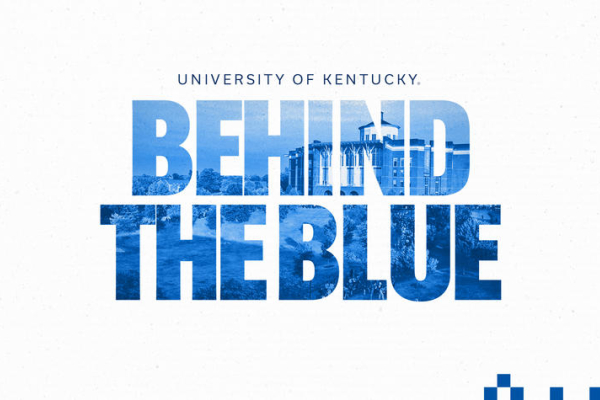'Behind the Blue': Importance of Honors at a Public Research University
Christian Brady was the first T.W. Lewis Dean of the Lewis Honors College at the University of Kentucky. He temporarily left that post in September 2020 to begin serving as interim dean of UK's College of Arts and Sciences. He is a scholar of ancient Hebrew and Jewish literature, and has been a long-time national leader in honors education, coming to UK in 2017 after a 10-year stint as dean of the Schreyer Honors College at Penn State University.
Brady also recently authored the book, "Beautiful and Terrible Things: A Christian Struggle with Suffering, Grief, and Hope." It is a Biblical scholar’s poignant examination of grief and grace in the wake of the sudden death of his young son.
On this episode of "Behind the Blue," Brady discusses his book, his scholarship, what he loves about honors education at a public research university and his new administrative role.
"Behind the Blue" is available on iTunes, Google Play, Stitcher and Spotify. Become a subscriber to receive new episodes of “Behind the Blue” each week. UK’s latest medical breakthroughs, research, artists and writers will be featured, along with the most important news impacting the university.
For questions or comments about this or any other episode of "Behind the Blue," email BehindTheBlue@uky.edu or tweet your question with #BehindTheBlue.
To discover what’s wildly possible at the University of Kentucky, click here.
More from this series Behind the Blue
Credits
Jay Blanton and Kody Kiser (Public Relations and Strategic Communications)


